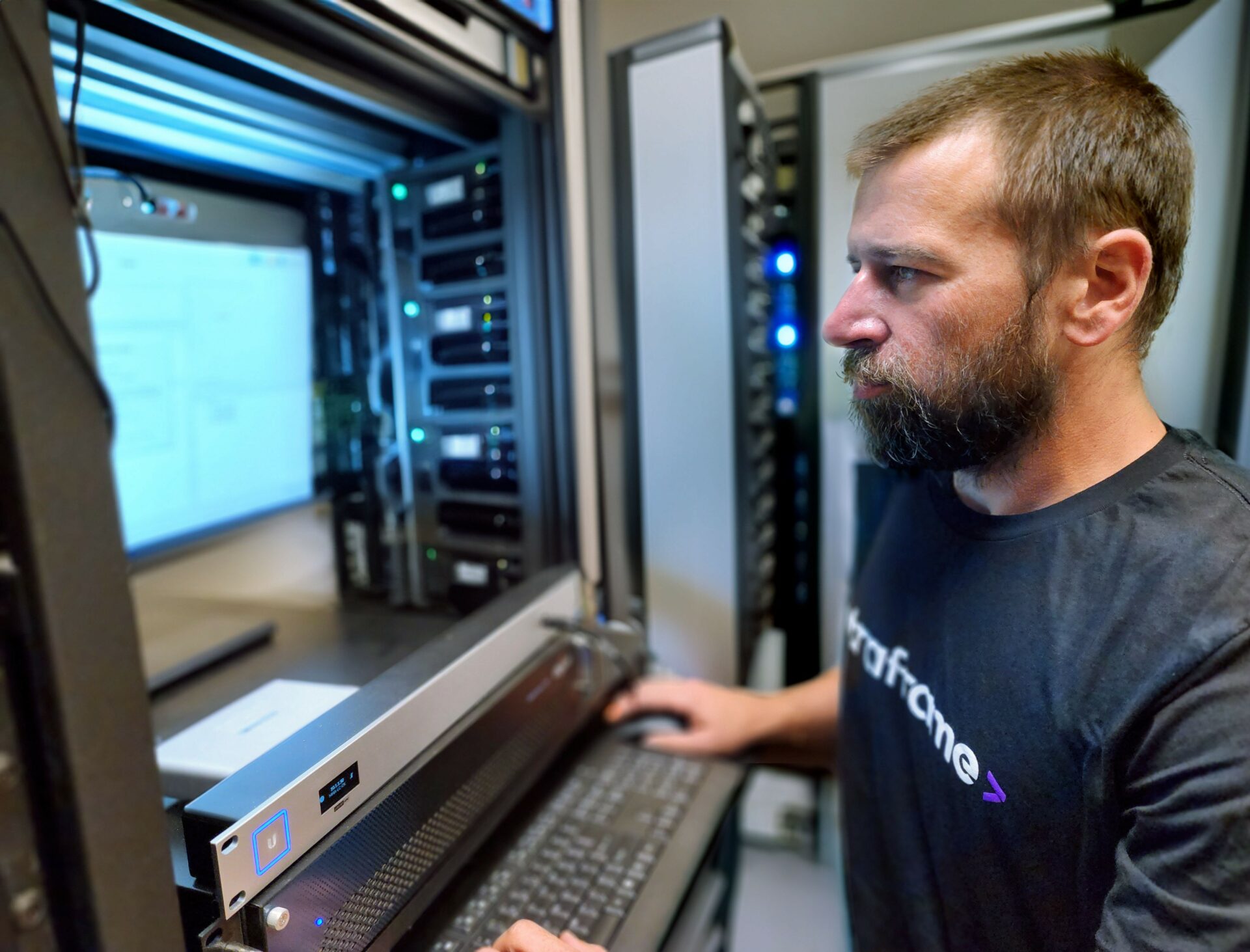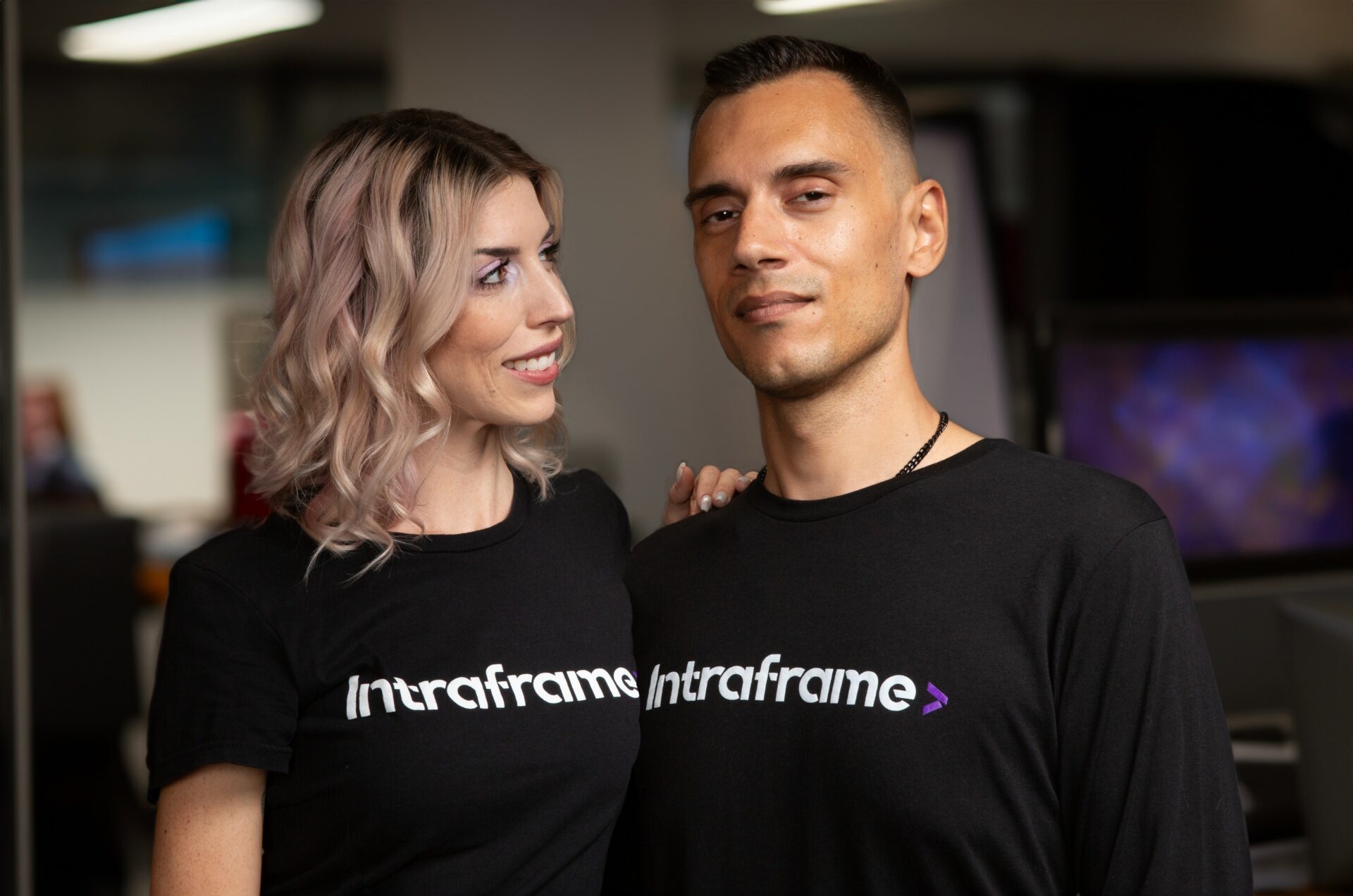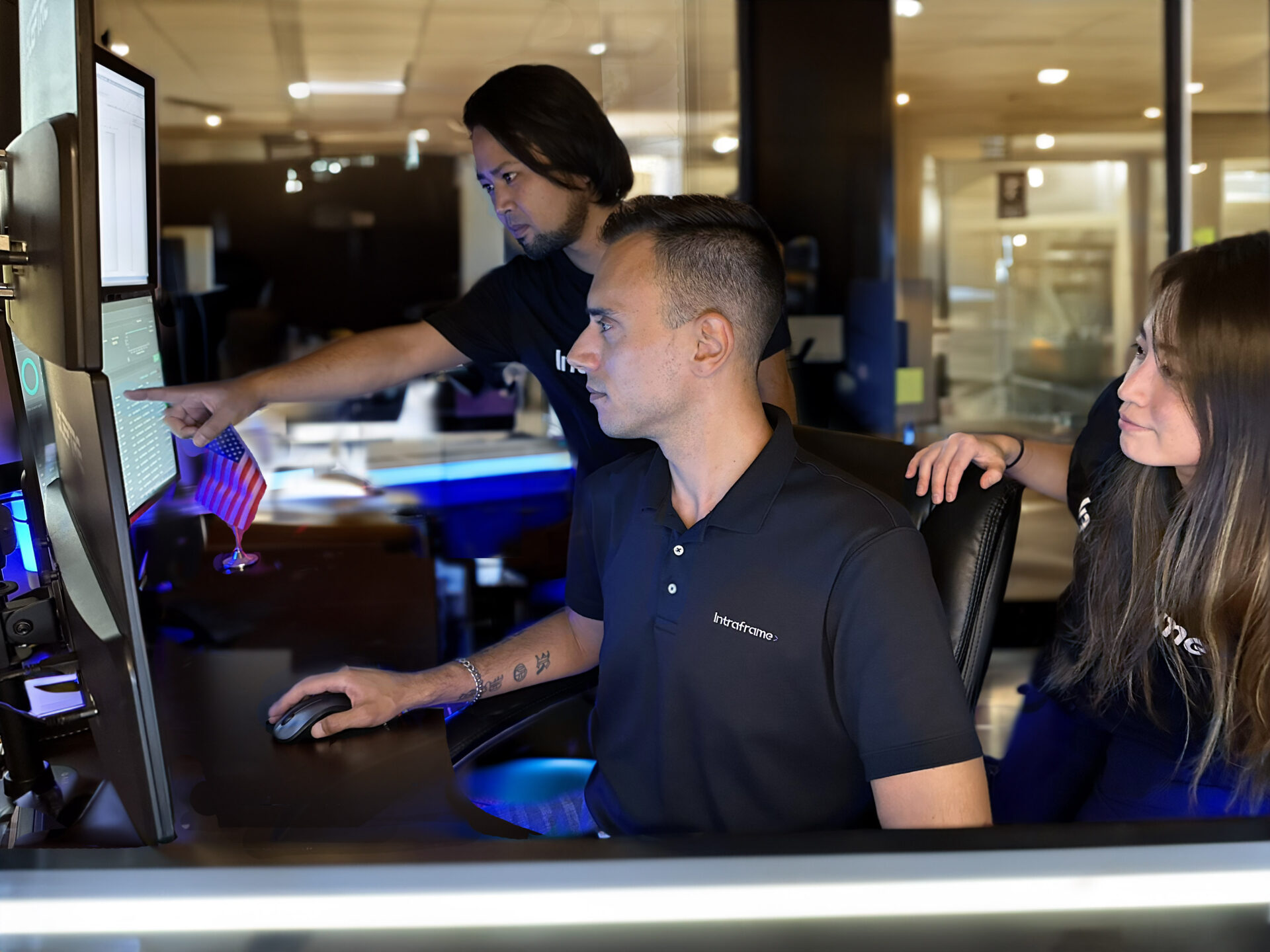We caught up with the brilliant and insightful Jacob Waltz a few weeks ago and have shared our conversation below.
I believe that my strong work ethic is influenced by my life-long commitment to excellence. As with most things in life, success requires immense dedication and tons of hard work. If you’re not willing to put in the effort, I believe it indicates a lack of true desire for the goal at hand.
Reflecting back, parts of my own journey can be echoed in that statement, as I always dreamed of living in the USA. Achieving that dream hinged on my ability to apply myself and develop the necessary skills that would set me apart, ultimately leading to being granted the prestigious O-1 Visa (also known as the “Genius Visa”). Had I not devoted myself to self-improvement, I might not have been able to turn that dream into reality all those years ago.
The same applies today: In my line of work, staying up-to-date and continually honing my skills are essential to protecting my clients’ systems and data effectively. Falling behind or failing to adapt would jeopardize the trust my clients place in me, and I cannot afford to let that happen.
In essence, my work ethic is the product of my unwavering pursuit of excellence, fueled by a passion to achieve my dreams, and the responsibility I feel towards my clients.
I grew up in Sweden, and I’ve always been passionate about computer science and signal processing. I also enjoy radio engineering and the practical use of it in the digital domain, so I took my HAM radio license in my early 20s and engaged myself in a range of cool projects with fellow researchers. I later achieved my Masters in Computer Science before coming to America at age 25. Once in the US, I worked in a variety of IT centric roles such as Systems Administrator, Network Engineer, Solutions Architect, and CISO. Technology has been an important and integral part of my entire life, so I suppose it feels predestined that I’m finding myself running my own cybersecurity company today at age 36.
In 2019, I began developing our own XDR (Extended Detection & Response) platform, called ‘Deltagate’. Building the Deltagate platform has brought so many more exciting aspects to running my own company. I’ve always enjoyed finding anomalies in large data sets – sort of making sense of all the noise, if you will – and now I get to apply that skill towards stopping cybercriminals. Our customers’ success determines our success so it’s particularly gratifying when our security controls prove effective, knowing that I personally designed them.Today, businesses are so reliant upon technology that if they no longer had access to their technology (devices, files, softwares, emails, etc), their operations would come to a complete standstill. And they do… We receive Incident Response requests all the time, which are extremely costly for the customer, time consuming, and could have been prevented had those companies chosen to be proactive about their security rather than reactive.
That’s why I chose not to enforce a specific licensing model with Deltagate: to make our extensive cybersecurity protection more accessible and affordable for SMBs. We aren’t a large corporate provider from whom you have to buy a minimum set of licenses, or “seats”, in order to use our services. Our managed security solutions are custom-tailored to meet your specific needs, regardless of scale or complexity.
1. Diligence. For me, diligence means being attentive to details, being dependable, and consistently doing whatever it takes to get the job done. It means rejecting the notion of settling for “adequate”, even when “adequate” might suffice. Instead, I always maintain my focus, persevere through setbacks, and resist the temptation to procrastinate. When others see your consistent effort and dedication, they’re more likely to trust in your abilities, which may open doors to new opportunities.
2. Technical Expertise. As with any skill that you intend on mastering, you have to understand the topic and be able to practically apply your knowledge. For example, to be successful in my field of IT, a solid grasp of computer logic is essential—knowing how systems operate and communicate, related concepts of storing and processing data, and so forth. If you lack a foundational understanding of your subject or field, your path to success will be significantly longer and fraught with difficulties. True and lasting success is built on genuine expertise and the ability to confidently apply that knowledge in real-world situations. After all, a neurosurgeon wouldn’t consult Reddit before a craniotomy…
3. Communication. Without effective communication skills, it may be challenging to turn your other skills into a profession. Albeit difficult at times, communication is the most important soft skill to sharpen. It becomes even more critical when dealing with highly technical services aimed at a wide audience that has varying levels of technological understanding. I have to remind myself all the time that not everyone is ‘tech savvy’. Clients won’t invest in something they don’t comprehend, so it’s essential to know how to communicate and simplify complex topics. Take the time to listen, be attentive, and adjust your communication approach to a level that helps your customer understand and puts them at ease.
In business, it is important to be somewhat well-rounded as this will aid in adaptability, which is a vital quality to have – life will always throw you curveballs!! My diverse IT experience has been instrumental in tackling sundry complex cybersecurity issues and safeguarding against threats in the ever-evolving digital landscape. Additionally, we might not even have some of the clients we have today if it weren’t for networking through my various past experiences.
That being said, there’s an old saying that goes, “To climb to the top, you either have to be first at something or be the best at something.” I definitely would not be where I am today if I had focused all my efforts on being a Jack of All Trades kinda guy. Instead, I chose a specific area of Information Technology to hone in on (Cybersecurity). Developing this strong, very specialized skill set has helped set me apart from the rest. In job interviews, they usually ask “why should we hire you?”. If you’re not different from the rest, in a better/positive way, you’ll end up just another cog in the machine.
You’ll find I have a lot of cliche things to share, but these cliches exist for a reason: because they’re blatantly true. I work 80-90 hours per week (my wife can confirm that) because I choose success. Success takes a tad of luck and mountains of hard work. As such, it really boils down to one simple truth: you make a decision and you stick with it.
Contact Info:
- Website:www.intraframe.us
- Linkedin: https://www.linkedin.com/company/intraframe-us





Image Credits
Stan O’Dell




